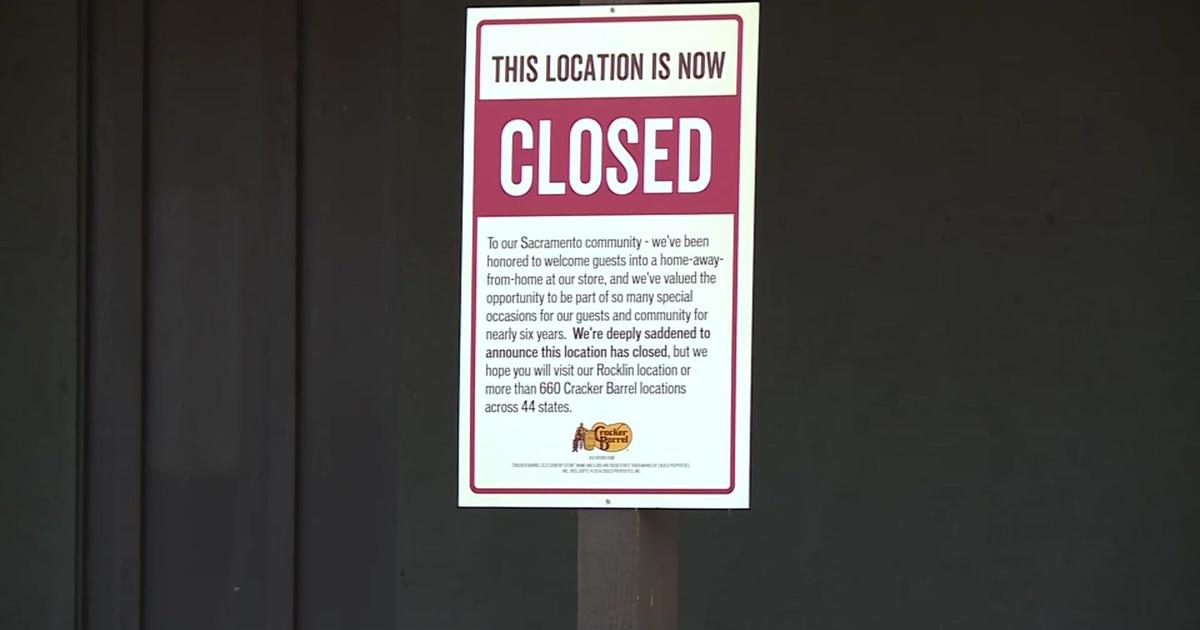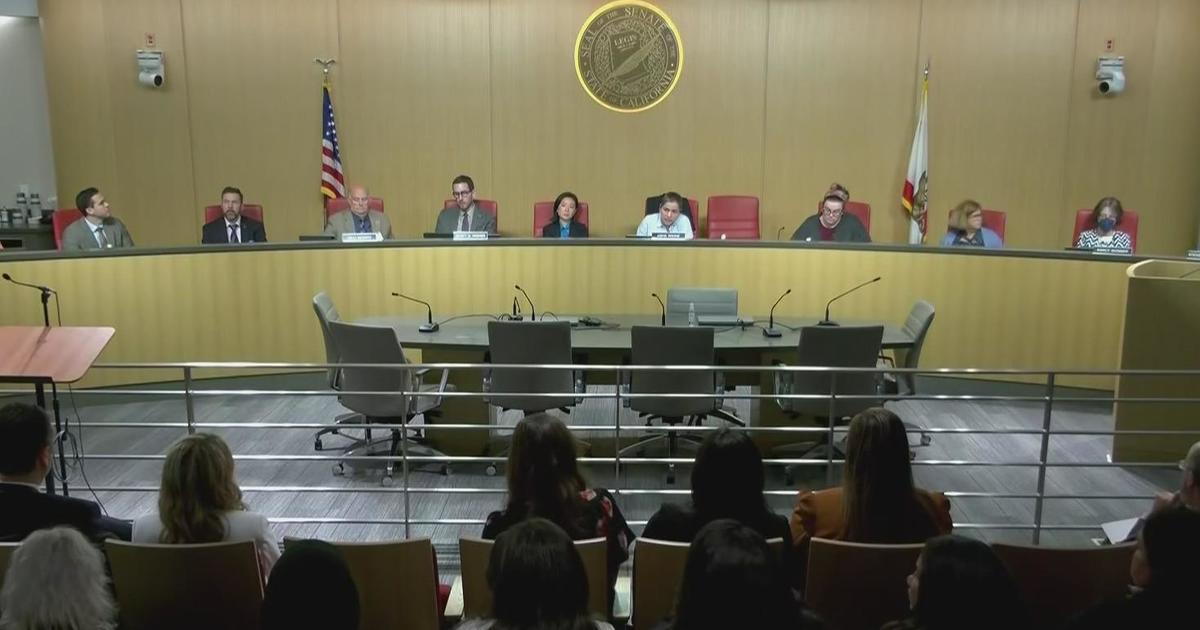California Overtime Tops $1 Billion, Hits Pre-Recession High
SACRAMENTO, Calif. (AP) - Overtime for California's state workers rose 20 percent last year and topped $1 billion even though there are 20,000 fewer employees than in pre-recession 2008, the last time the state paid out so much, according to new payroll data.
The increase comes after years of recommendations from the state auditor and budget analyst calling for reducing vacancies, using more relief staff and negotiating less-costly labor contracts for workers in state prisons and hospitals, which generate the most overtime pay.
According to the state controller's payroll data reviewed by The Associated Press, California spent $1.13 billion in 2014 in overtime pay for its 220,000 workers, compared to $947 million in overtime for roughly 215,000 workers in 2013.
Overall payroll went up 7 percent from $15.3 billion to $16.4 billion as California enjoys a second year of budget surplus.
Some of the increase in overtime can be attributed to unanticipated costs, such as last year's severe wildfire season. But departments with the highest overtime were not able to explain what drove the spike beyond usual challenges to fill vacant positions and cover critical shifts when employees take time off.
One taxpayer advocate said it's unfortunate that because the economy is doing well, politicians lack the incentive to adopt personnel practices to restrain overtime.
"California remains the land of milk and honey for public employees," said Jon Coupal, president of the anti-tax Howard Jarvis Taxpayers Association. "It's always been that way."
State officials acknowledged that more needs to be done to minimize overtime, particularly at institutions that treat patients and inmates for psychiatric and medical care. Half of all the overtime billed in 2014 came in the chronically understaffed Department of Corrections and Rehabilitation.
Jim Evans, a spokesman for Gov. Jerry Brown, said the administration is trying to make sure vacancies do not become an issue that drives overtime, but noted that some types of workers are difficult to recruit and retain because there's a shortage of workers for some positions, such as psychiatrists.
Some overtime costs are difficult to budget. The Department of Forestry and Fire Protection had $139 million in overtime last year, the most in the past 10 years, according to payroll data. The state battled 5,620 fires in 2014, nearly 1,000 more than the state's five-year average.
But the bulk of overtime charges stem from long-standing vacancy and staffing problems at the 34 adult prisons run by corrections. In 2014, the main department logged more than $542 million in overtime pay, up 31 percent from $414 million in 2013.
Bill Sessa, a corrections spokesman, said the state experienced a high rate of retirement in recent years while budgets were slashed with the recession. As a result, the department stopped training recruits, further exacerbating the vacancy problem, he said.
Since August, the academy has graduated 3,000 officers, and the goal is to hire 7,000 more over the next three years. "Our ambition is to minimize overtime, in part, because officers work better when they're not working 16-hour shifts," Sessa said.
The federal court-appointed receiver overseeing inmate health care is also in the process of reviewing telemedicine capabilities to reduce costly overtime billing by physicians and nurses at prisons, said Joyce Hayhoe, a spokeswoman for receiver J. Clark Kelso. In one year, overtime has more than doubled for this branch of corrections, from more than $12 million to nearly $30 million.
In all, about 1,500 correctional-related staff billed more than $100,000 in overtime in 2014, including physicians, psychiatrists, nurses, lieutenant, sergeants and officers.
Hayhoe said California struggles to find enough primary care physicians despite competitive pay, in part, because of the location of prison health care facilities.
The Department of State Hospitals, which serves mentally ill patients, most of whom have committed serious crimes, is taking to social media and created a dedicated recruitment unit to attract applicants, spokesman Ken August said. The department charged nearly $104 million in overtime last year, up 5 percent from 2013.
For years, the California state auditor and Legislative Analyst's Office have made governors and lawmakers aware of staffing inefficiencies and issued recommendations such as hiring more staff, increasing the use of relief staff similar to how substitute teachers are used in schools and re-negotiating labor provisions that require overtime shifts to be offered to senior officers first.
Some of the recommendations don't appear politically viable.
"No union will give up the right of seniority," said Nichol Gomez-Pryde, a spokeswoman for the California Correctional Peace Officers Association, which represents correctional officers. The union is among four labor contracts up for negotiation this summer.
Copyright 2015 The Associated Press.



